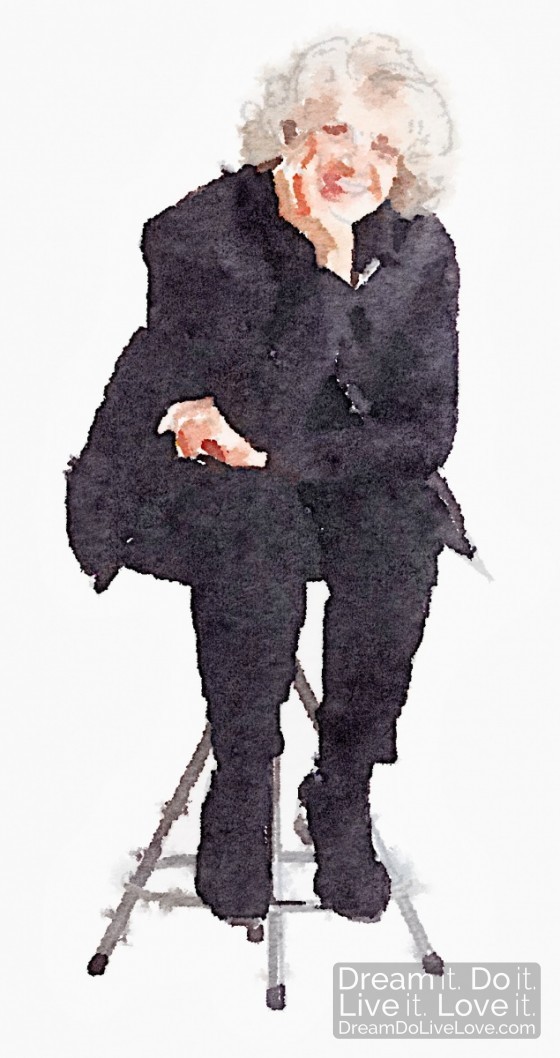Older male workers may choose self-employment, whereas older female workers may seek self-employment because of financial necessity.
Self-employment can allow older workers to stay in the labor market longer and earn additional income, yet little research has addressed if reasons for self-employment vary across gender and culture. University of Missouri researchers have studied factors that contribute to self-employment and found these factors differ for men and women in the United States and New Zealand.
by Diamond Dixon
 “Gender is one of the most enduring social factors in the US and New Zealand, a fact that is particularly evident in differing economic opportunities for men and women and their decisions to be self-employed,” said Angela Curl, an assistant professor in the MU School of Social Work and the study’s lead author.
“Gender is one of the most enduring social factors in the US and New Zealand, a fact that is particularly evident in differing economic opportunities for men and women and their decisions to be self-employed,” said Angela Curl, an assistant professor in the MU School of Social Work and the study’s lead author.
Curl analyzed survey data from the 2010 Health and Retirement Study of US adults and the New Zealand Longitudinal Study of Aging and found that men in each country were more likely than women to be self-employed.
Curl said this result could reflect a greater willingness of men to take on risks associated with self-employment, a larger savings to buffer business losses or failures, or more opportunities for men to engage in entrepreneurial ventures.
In both countries, female workers who were self-employed appeared to have fewer economic resources, were less likely to receive pensions and were less likely to have employed spouses. These findings may suggest that older male workers may choose self-employment whereas women may be forced into self-employment because of financial necessity, Curl said.
“The results seem to suggest a complex interplay between cultural norms and retirement policies in the two countries,”Curl said. “Self-employment may help older adults remain productively engaged in society and should be encouraged.”
Curl said legislators and business leaders could create policies that promote flexible work situations, such as those offered by self-employment, that encourage and enable older adults to continue working later in life.
“American policymakers could reduce barriers to self-employment by offering and promoting small business loans for start-up costs,” Curl said. “If older adults delay claiming Social Security benefits, remain in the labor force and continue paying taxes, some of the pressure on the Social Security retirement system would be reduced.”
Curl’s study, “Gender Differences in Self-Employment of Older Workers in the United States and New Zealand,” was published in the Journal of Sociology and Social Welfare in March 2014. The School of Social Work is part of the MU College of Human Environmental Sciences.
This article was first published on February 19, 2014






